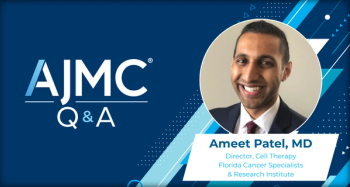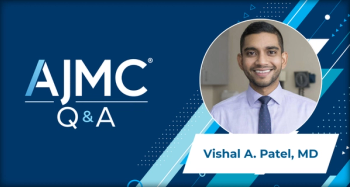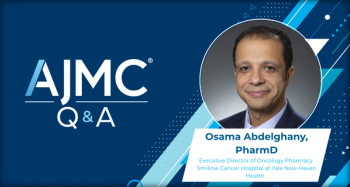
Dr Dalia Rotstein Lists Barriers to Equitable MS Research, Care Delivery
Dalia Rotstein, MD, MPH, assistant professor of medicine at the University of Toronto, lists barriers to multiple sclerosis (MS) research and care delivery.
Dalia Rotstein, MD, MPH, assistant professor of medicine at the University of Toronto, lists barriers to multiple sclerosis (MS) research and care delivery.
The topic was discussed on February 29 at the
Transcript
What specific barriers are there to equitable MS research and care delivery?
I think we are facing many barriers today to equitable MS care and also to research. Firstly, I think we have to consider different social determinants of health, and, as highlighted in this session, access to neurologic care is also a key factor.
So, social determinants of health include factors like income, sex, age, race, and ethnicity; also, what the built environment looks like. So, what does the neighborhood that a person lives in look like in terms of access to medical centers, availability of nutritious food, and community support; are they in a situation with social isolation?
All of these factors are very important when we're considering equity goals. I think that, as we saw in recent research that was
We need to think about creative solutions for approaching that. I think it's important to engage those different communities and try to find out how we can deliver care in a more accessible manner. Also, there were some novel solutions proposed, such as using telemedicine, for example, to reach people in a more convenient way. I think there are a lot of promising avenues for the future, but there's a lot of work that needs to be done.
Newsletter
Stay ahead of policy, cost, and value—subscribe to AJMC for expert insights at the intersection of clinical care and health economics.










